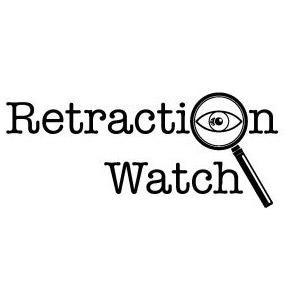Smithsonian Magazine has retracted a two-year-old article about an interactive online map describing indigenous lands in North America because the map “did not meet the standards of scholarship we expect of academic projects we cover as part of our editorial purview.”
The move followed sharp criticism from a pro-Israel group about a map produced by a nonprofit organization that formed the basis of the article.
The original article, published on Oct.13, 2022 and titled “This Interactive Map Shows Which Indigenous Lands You Live On,” was based on a map created by Native Land, a Canadian non-profit the article said “is focused on improving both Indigenous and non-Indigenous people’s relationship with the lands around them.” The article encouraged readers to use the map in order to see which Indigenous communities resided in their city, state, or zip code.
Continue reading Smithsonian Magazine pulls article for ‘errors’ after criticism of linked map of Israel






